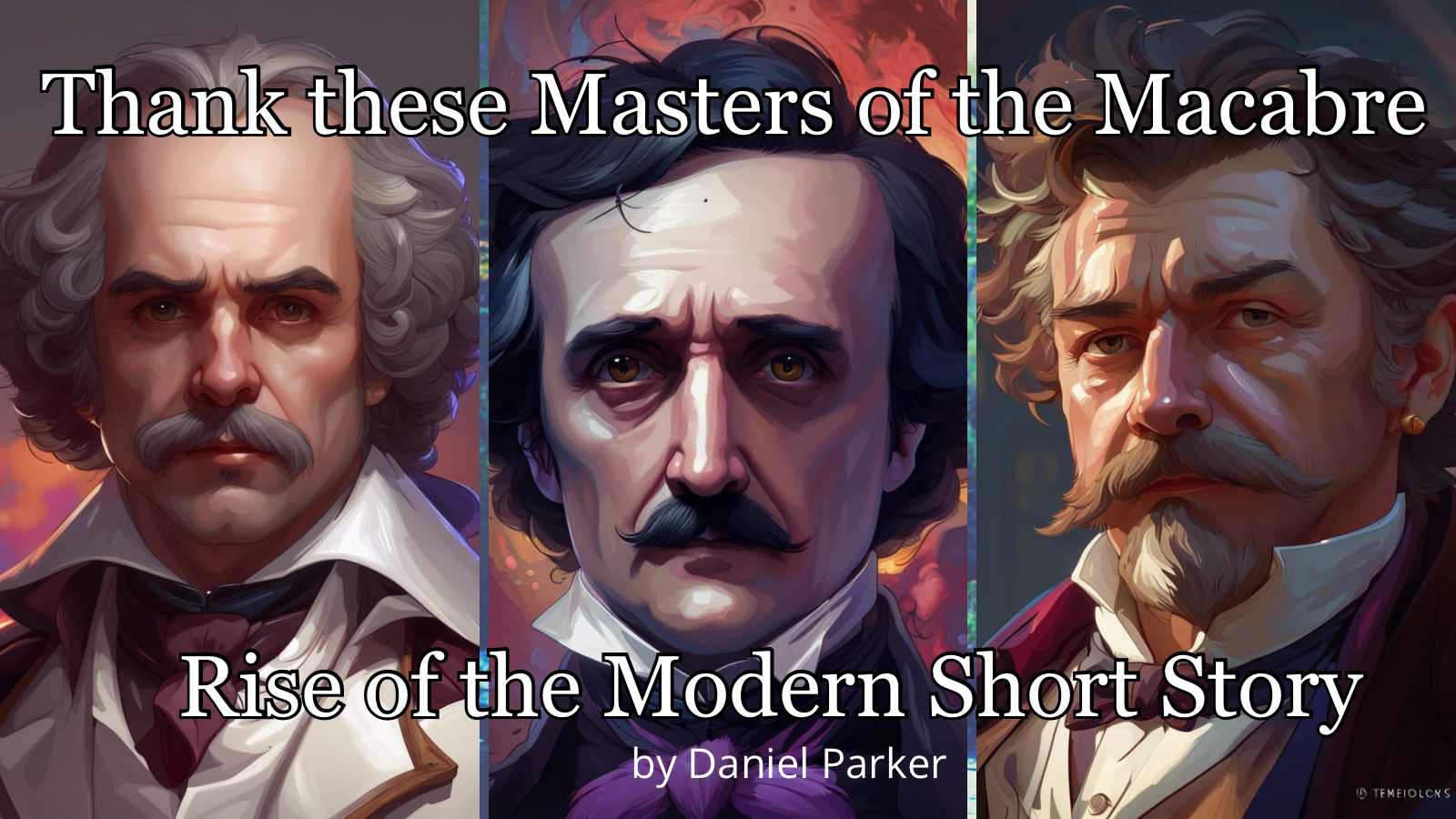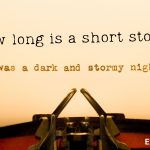
The 19th century was a transformative era for literature, marked by the emergence of the modern short story as we know it today. During this period, writers brought new depth and complexity to the form, refining it into a compelling and concise medium for storytelling. Let’s journey back in time to explore the pivotal figures and literary milestones that shaped the rise of the modern short story.
Edgar Allan Poe: The Pioneer of the Macabre
One cannot embark on a discussion of the modern short story without paying homage to Edgar Allan Poe. Often regarded as the master of the macabre and the mysterious, Poe’s influence on the genre is immeasurable. His tales, including “The Tell-Tale Heart” and “The Fall of the House of Usher,” are celebrated for their psychological depth, eerie atmospheres, and intricate plots.
Poe was a pioneer of the modern short story, crafting narratives that left readers in suspense and awe. In “The Tell-Tale Heart,” he delved into the mind of an unreliable narrator, exploring themes of guilt and madness. “The Fall of the House of Usher” created an atmosphere of dread and decay that has since become a hallmark of Gothic storytelling. Poe’s stories exemplify the ability of the short story to create a powerful impact in a compact space.
Nathaniel Hawthorne: Unveiling the Darker Aspects of Humanity
Nathaniel Hawthorne, another American writer of the same era, made significant contributions to the modern short story by exploring the darker aspects of human nature and societal norms. His tales, including “Young Goodman Brown” and “The Minister’s Black Veil,” delved into moral ambiguities and psychological complexities.
In “Young Goodman Brown,” Hawthorne delved into the concept of moral hypocrisy and the loss of innocence. The story, set against the backdrop of the Salem witch trials, presents a journey into the heart of darkness and raises questions about the inherent nature of evil. “The Minister’s Black Veil” introduced the enigmatic figure of a minister who shrouds his face with a black veil, becoming an embodiment of hidden sins and the human tendency to conceal one’s true self. These themes would later become central to the modern short story’s identity.
Guy de Maupassant: Mastering the Art of Brevity
In France, Guy de Maupassant gained recognition for his mastery of the short story form. His tales, such as “The Necklace” and “The Horla,” exemplify the art of storytelling within the constraints of brevity. Maupassant’s ability to create well-developed characters and intricate plots in a limited space set a standard for the modern short story.
“The Necklace” is a poignant exploration of the consequences of pride and social aspirations, revealing the tragic irony of a woman who borrows what she believes to be a valuable necklace, only to discover that it was a fake. “The Horla” ventures into the realm of psychological horror and the unknown, as the protagonist grapples with a malevolent and invisible presence. Maupassant’s stories, renowned for their compact yet powerful narratives, played a pivotal role in shaping the modern short story’s ability to convey depth and complexity in a concise form.
Anton Chekhov: A Revolution of Subtlety and Ambiguity
While the 19th century introduced several masters of the short story, it was Anton Chekhov who revolutionized the form in the late 19th and early 20th centuries. Chekhov’s stories, including “The Lady with the Dog” and “The Cherry Orchard,” were characterized by a focus on everyday life, the exploration of complex characters, and the absence of neatly resolved conclusions.
“The Lady with the Dog” is a masterpiece of character exploration, delving into the complexities of love, desire, and the human condition. Chekhov’s ability to portray characters with authenticity and nuance set a new standard for character development in short fiction. “The Cherry Orchard,” while a play, encapsulates the essence of Chekhov’s storytelling—moments of profound depth, human foibles, and the absence of definitive conclusions. His work greatly influenced the modern short story and its embrace of subtlety and ambiguity.
The 19th century’s literary giants—Poe, Hawthorne, Maupassant, and Chekhov—left an indelible mark on the modern short story. Their narratives, whether shrouded in mystery, exploring the darker aspects of humanity, mastering brevity, or embracing subtlety and ambiguity, set the stage for a form of storytelling that would continue to captivate readers for generations to come.
The modern short story owes its ability to convey profound ideas, evoke emotions, and engage readers in a compact narrative to these pioneering authors. As we explore the richness of contemporary short fiction, we must pay homage to these 19th-century innovators who crafted tales that continue to resonate and inspire writers and readers worldwide. In their mastery of the short story, they exemplify the age-old adage: “Brevity is the soul of wit.”
###
Danial Parker has a Master’s in Science from the University of Michigan. He has just started to break into the literary world.
- 100 Screenwriting Ideas to Get You Writing - January 20, 2026
- 100 Winter Storm Writing Prompts - January 17, 2026
- 100 Haunted House Story Starters: Craft Your Scariest Tale Yet - January 10, 2026



